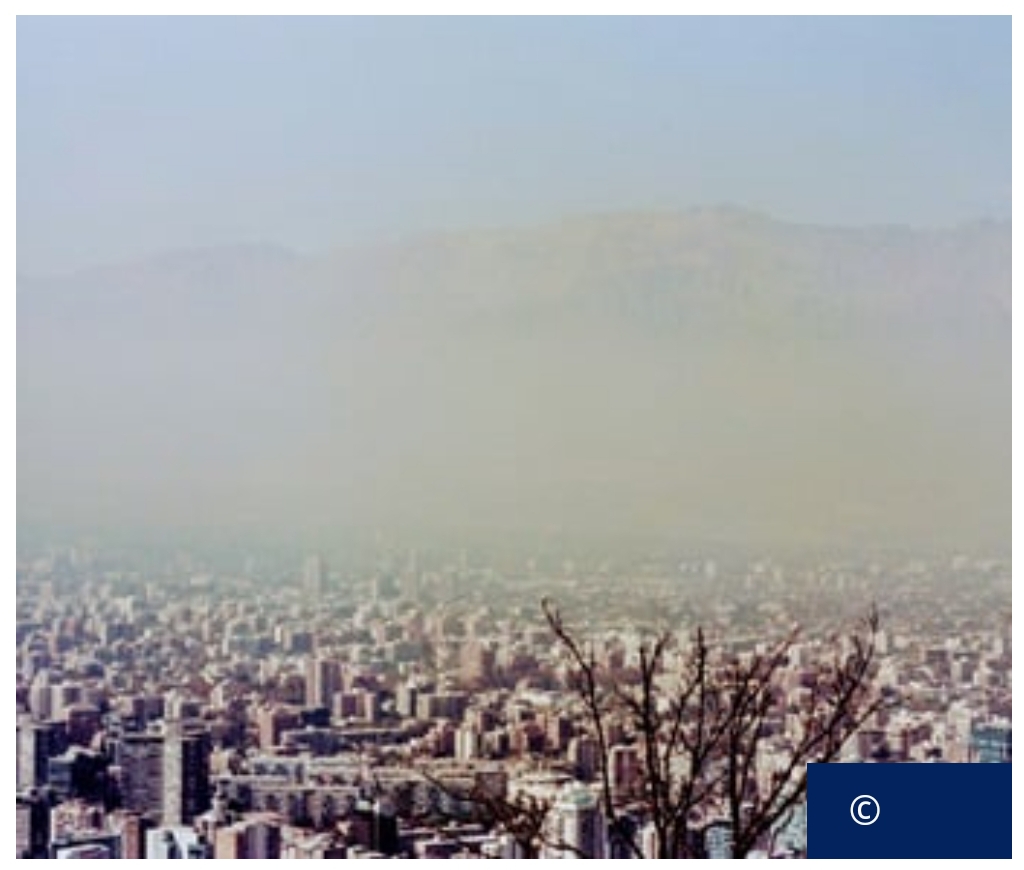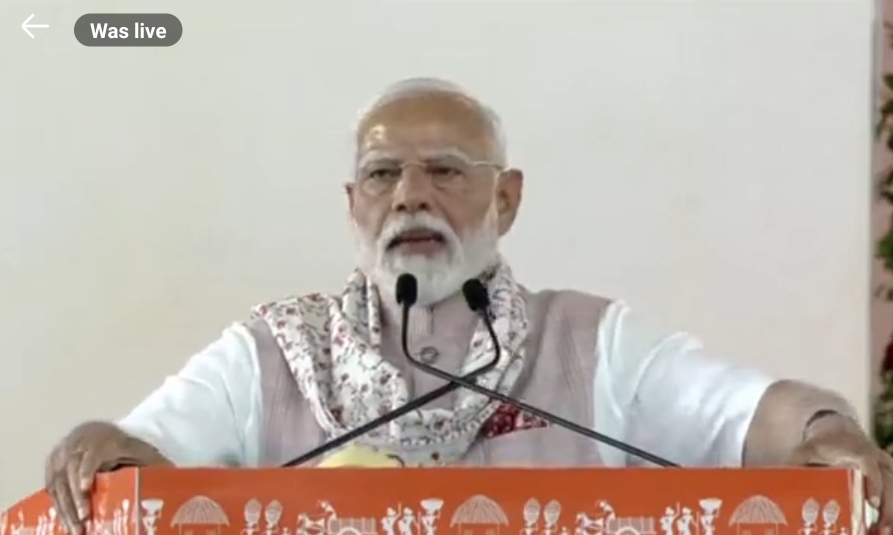Global Call for Action Against Air Pollution: 47 Million Health Professionals Unite to Combat the Crisis.
Geneva:
In an unprecedented show of unity, over 47 million health professionals, patients, advocates, civil society organizations, and individuals worldwide have signed a compelling call for urgent action to combat air pollution and safeguard human health. This global plea, spearheaded by the World Health Organization (WHO) and other international health organizations, will be presented at the upcoming Second Global Conference on Air Pollution and Health in Cartagena, Colombia, from 25–27 March 2025.
Air pollution, widely acknowledged as one of the most significant environmental threats to human health, is responsible for the premature deaths of approximately 7 million people annually, primarily due to respiratory and cardiovascular diseases. The health community is calling for immediate, science-driven action to reduce emissions and protect people from the devastating consequences of air pollution.
Dr. Tedros Adhanom Ghebreyesus, WHO Director-General, emphasized the urgency of the situation: “Forty-seven million people from the health community have issued a clarion call for urgent, bold, science-driven action on air pollution, and their voices must be heard. WHO is supporting countries worldwide to implement evidence-based tools to address air pollution, and at the upcoming conference in Cartagena, we hope to see concrete commitments from countries to act and save lives.”
The Second Global Conference on Air Pollution and Health, hosted by WHO and the Government of Colombia, will bring together political leaders, civil society representatives, UN agencies, and academics to advance a global agenda for clean air. The conference aims to drive commitments that will benefit public health, climate change response, and sustainable development both locally and globally.
The health community has called on governments to take immediate and ambitious steps to reduce emissions, enforce stricter air quality standards, and transition to cleaner energy sources. These efforts would provide multiple benefits for both human health and the planet. Air pollution is linked to a range of noncommunicable diseases (NCDs) such as stroke, heart disease, lung cancer, chronic respiratory diseases, and acute conditions like pneumonia.
The global NCD epidemic claims 41 million lives annually, and addressing air pollution is a crucial strategy in reducing this burden. Key sources of air pollution, including household emissions, energy production, transport, industrial emissions, agriculture, and natural disasters, continue to pose significant challenges.
The conference will focus on the implementation of concrete measures, including setting and enforcing stronger air quality standards aligned with the WHO Global Air Quality Guidelines. WHO, alongside the Swiss Tropical and Public Health Institute (Swiss TPH), recently released an updated 2025 Air Quality Standards database, now featuring data from around 140 countries, showcasing their efforts to protect public health through regulatory measures.
Dr. Maria Neira, WHO Director for Environment, Climate Change, and Health, stressed the importance of tackling air pollution through proven solutions. “While the challenge is immense, progress is possible. Many cities and countries have already significantly improved air quality by enforcing stricter pollution limits,” she said. “Clean air is a human right, as recognized by the UN General Assembly. We need to urgently transition from coal-fired power to renewable energy, expand public transport, establish low-emission zones in cities, and promote clean energy for cooking and solar power in healthcare facilities.”
At the conference, it is expected that countries will make significant commitments, aiming to reduce air pollution and enhance the health and well-being of millions of people worldwide. The commitments made at the Cartagena conference, coupled with the 2025 UN High-Level Meeting on NCDs, will be instrumental in paving the way for a healthier, more sustainable future for all.
The global health community’s urgent call for action highlights the critical need for coordinated efforts to ensure clean air for all. With air pollution continuing to pose a severe threat to global health, now is the time for governments and individuals to act decisively and collectively to protect the health of people and the planet.
Key Facts:
- 7 million deaths annually due to air pollution.
- 2.1 billion people exposed to hazardous household air pollution.
- Air pollution contributes to the leading causes of death, particularly NCDs.
- Effective measures to improve air quality can prevent premature deaths and mitigate climate change.
As the world prepares for the Second Global Conference on Air Pollution and Health, the stakes could not be higher, with the health of millions at risk. Governments must act now to reduce emissions, enforce air quality standards, and ensure a cleaner, healthier future for all.




